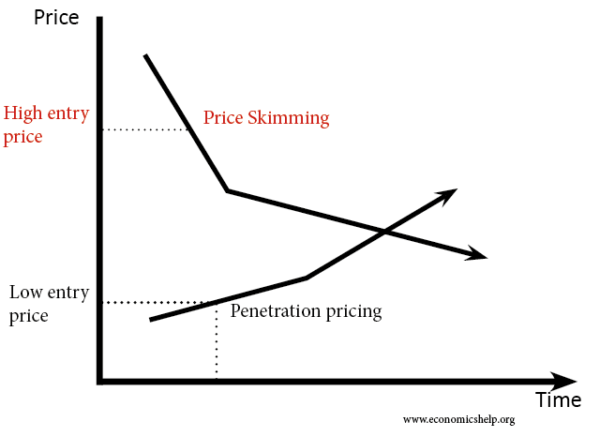

On the “below cost” element, the Court has declined to specifically define the “appropriate measure” of costs.⁶ While commentators have developed several potential measures, the most popular are variations on prices below a manufacturer’s reasonably anticipated marginal costs,⁷ such as average variable costs.⁸ The rationale is that no competitor would knowingly spend the incremental costs to make one more product if it did not plan to sell it for a price that covered at least those incremental costs unless such pricing was part of an anti-competitive scheme.

In Brooke Group, the Court evaluated claims that a cigarette producer was using low prices to discipline a competitor.⁴ The Court held that predatory pricing allegations will be upheld only if ”the prices complained of are below an appropriate measure of its rival’s costs … had a … dangerous probability of recouping its investment in below-cost prices.⁵ First, it noted that “there is a consensus among commentators that predatory pricing schemes are rarely tried, and even more rarely successful”.² Second, it can be difficult to distinguish pro-competitive low prices from predatorily low ones after all, “cutting prices in order to increase business often is the very essence of competition”.³īecause of that skepticism, the Court has established a test that is difficult for plaintiffs to meet. Supreme Court as “pricing below an appropriate measure of cost for the purpose of eliminating competitors in the short run and reducing competition in the long run”.¹ The Court expressed skepticism toward such claims several times for two reasons. Predatory pricing has been defined by the U.S. There is no general test to judge a monopolist’s actions instead, courts have developed different tests for different actions, including predatory pricing. But even a monopolist is only liable for “ monopolization,” actions that help it acquire or maintain that monopoly. Finding “monopoly power” is a difficult question this blog covered here. Such claims can only be lodged against a “monopolist,” a competitor with monopoly power. Monopolization is illegal under Sherman Act Section 2 of the antitrust laws. Can such “predatory pricing” ever violate the antitrust laws? It is a very difficult monopolization case to make but, as Uber recently discovered, not all such claims are quickly dismissed. Your much larger competitor sells the same products as you do but at a much lower price, so low you think that it must be losing money on each sale.


 0 kommentar(er)
0 kommentar(er)
